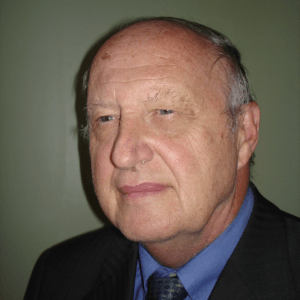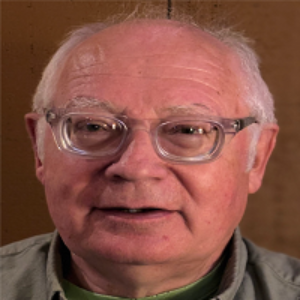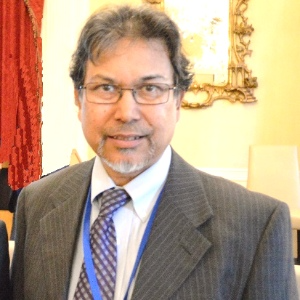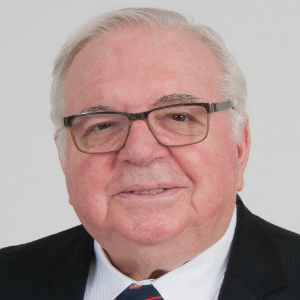Metallurgical science encompasses a broad spectrum of principles and practices central to understanding the behavior, properties, and processing of metals and alloys. At its core, this discipline explores the intricate interplay between structure, composition, properties, and processing methodologies to design, produce, and optimize metallic materials for diverse applications across industries. Fundamentally, metallurgical science is anchored in the understanding of the atomic and molecular structure of metals, the role of crystallography in determining their properties, and the influence of various factors such as alloying elements, heat treatments, and processing conditions on their microstructure and performance. At the atomic level, metallurgical science delves into the arrangement of atoms and how they form into crystals, affecting material properties like strength, ductility, and conductivity. Crystallography plays a pivotal role in determining the behavior of metals, elucidating how defects like dislocations or grain boundaries influence their mechanical behavior. This understanding forms the basis for manipulating material properties through heat treatments, alloying, and mechanical processing. Alloying, a fundamental aspect, involves blending different elements to create materials with tailored characteristics. Metallurgical science explores the effects of alloying elements, their solubility in the base metal, and their impact on the microstructure, resulting in changes in strength, corrosion resistance, and other vital properties. Thermal and mechanical processing techniques are fundamental in metallurgy, altering the microstructure to achieve desired properties. Processes like casting, forging, rolling, and heat treatments are meticulously designed and optimized based on metallurgical principles to attain specific mechanical, thermal, or electrical attributes. Metallurgical science extends to examining the behavior of materials under different environmental conditions, such as high temperatures, corrosive environments, or mechanical stress. This includes corrosion mechanisms, fatigue, creep, and fracture mechanics, crucial in ensuring the longevity and reliability of metallic components in various applications. Moreover, metallurgical science integrates with other fields like materials engineering, nanotechnology, and computational modeling, fostering innovations in material design, advanced manufacturing techniques, and the development of novel alloys with enhanced properties. This interdisciplinary nature continuously pushes the boundaries of metallurgical science, facilitating the creation of new materials catering to evolving technological needs, sustainability demands, and emerging industrial challenges. In essence, metallurgical science and its fundamental principles serve as the bedrock of modern materials engineering, playing a pivotal role in shaping technological advancements and industrial progress across the globe.

Ephraim Suhir
Portland State University, United States
Thomas J Webster
Interstellar Therapeutics, United States
Robert Buenker
University of Wuppertal, Germany
Will Skene
Montreal University, Canada
Valeriy A Buryachenko
Micromechanics & Composites LLC, United States
Anis Rahman
Applied Research & Photonics, Inc, United States
Will Skene
Montreal University, Canada
Robert Guidoin
Laval University, Canada
Robert Buenker
University of Wuppertal, Germany


Title : Introducing picotechnology: An exciting extension of nanotechnology
Thomas J Webster, Interstellar Therapeutics, United States
Title : The failure of both einsteins space-time theory and his equivalence principle and their resolution by the uniform scaling method
Robert Buenker, University of Wuppertal, Germany
Title : Material challenges with proton conducting ceramics for intermediate temperature hydrogenation/dehydrogenation applications
Saheli Biswas, Commonwealth Scientific and Industrial Research Organisation, Australia
Title : Porphyrin layers at metal-electrolyte interfaces monitored by EC-STM and CV
Marek Nowicki, University of Wroclaw, Poland
Title : Color control of electrochromes by structural modification
Will Skene, Montreal University, Canada
Title : Make experiments more efficient: Two simple and powerful approaches. Mg2Si growth for photovoltaic and thermoelectric applications
Alexander S Gouralnik , Institute of Automation and Control Processes, Russian Federation
Title : Reconfigurable antenna structures using tunable materials
Nasimuddin, Institute for Infocomm Research, Singapore
Title : (0, 1 and 2) Dimensional hybrid architecture of the synthesized materials leads the smart sensing of the gaseous species at low/room temperature
D R Patil, North Maharashtra University, India
Title : Enhanced grain refinement, precipitates regulation, and improved mechanical properties of cast Al-Li alloy by Ti addition and heat treatment
Lixiong Shao, Shanghai Jiao Tong University, China
Title : Broadband sound attenuation of shape memory polymer with triangular-honeycomb unit cell metamaterial structural design
Musaab Ejaz, Universiti Teknologi PETRONAS (UTP), Malaysia